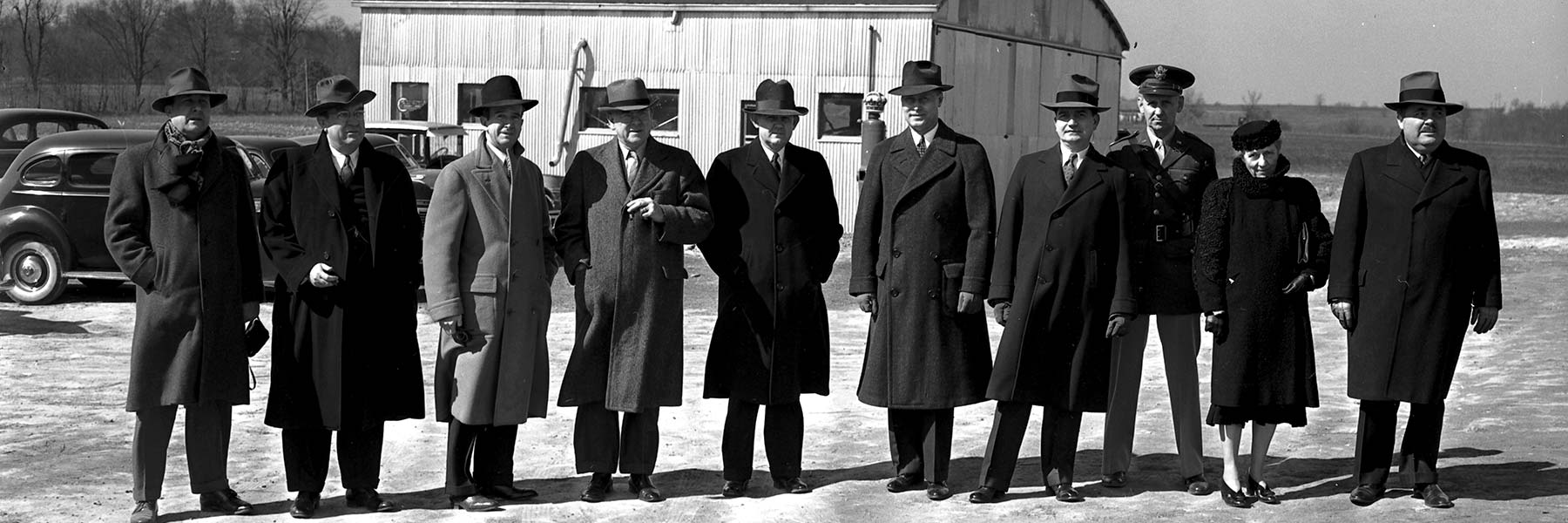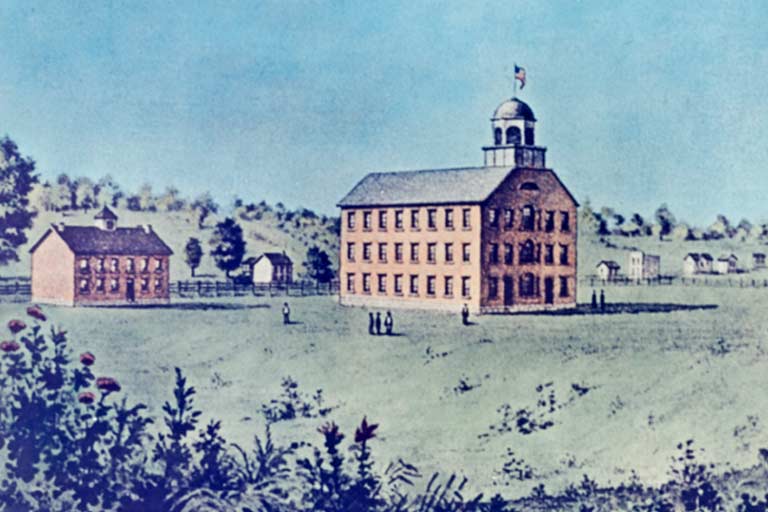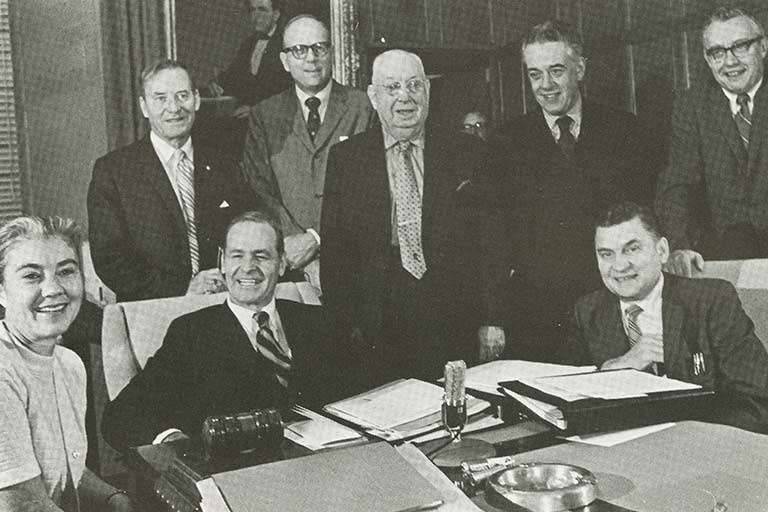“The term of service of the trustees was reduced to three years and the end of the period of service was fixed as July 1.”
“Successors to the three trustees whose term of service expired in 1891 were to be elected by alumni of Indiana University at Commencement in June, 1891, one for one year, one for two years, and one for three years. As terms of service of these three alumni trustees expired, successors were to be elected by the alumni for a term of three years. Elections were to be held at the annual Commencement and vacancies occurring among alumni trustees were to be filled by the alumni.” [6]
The act of 1891 also provided that the period of service of the trustees appointed by the State Board of Education should be so adjusted that the term of one should expire in 1895, two in 1896, and the two others in 1897; however, because this provision was either forgotten or ignored, no term of service expired in 1892, and no one was selected by the Board of Education that year. Instead, two were appointed in 1893 and three in 1894. This pattern has continued to the present day, with no trustee appointed one year, two the succeeding year, and three the year after. Each year a trustee is elected by the alumni.
In 1931 the act of 1891 was modified to provide that “five members of the Board of Trustees shall be elected by the State Board of Education, with the approval of the Governor.” [7] (Editor’s note: The 1984 General Assembly eliminated the role of the Board of Education; the governor has full appointment power.) In 1975 the General Assembly amended the statutes to change the number of board members from eight to nine, and provided that the governor should appoint to the Board of Trustees a member who must be a full-time student of the university during the two-year tenure of the appointment.
Several other statutes relating to the Board of Trustees have been passed. The results of these include: All trustees shall reside within the State of Indiana, with no more than two residing in the same county. (Editor’s note: The Indiana General Assembly in 1981 excluded the student trustee from counting in this limitation. In 1999, the General Assembly again changed the law, eliminating the requirements that all trustees shall reside in Indiana.) Vacancies because of death, resignation, removal from the state, or any other reason shall be filled by election by the alumni for the three trustees originally elected by the alumni, and appointment by the governor for all other trustees. Further, without a specific provision in the statutes, trustees shall serve until a successor is appointed or elected, as the case shall be.
Also, statutes define that alumni of the university who shall vote for trustees are those who hold bachelor’s, master’s, or doctor’s degrees. Further, any 100 or more alumni may file with the university librarian, on or before the first day of May of each year, a written nomination of a trustee or trustees to be elected by the alumni at the next election. The statute provides, after the commencement following such first day of May, but not later than the first day of June, a list of all such candidates shall be mailed by said librarian to each alumnus at his address. Balloting is done by mail, or in person, in the manner provided by statute, with the election held on the secular day immediately preceding July 1, at nine o’clock in the forenoon. Those receiving the greatest number of votes serve for a term of three years, commencing on the first day of July of the current year. In the case of a tie, the librarian shall cast lots to determine who shall be trustee.
[1] Myers, Burton D., Trustees and Officers of Indiana University 1820 to 1950 (Indiana University, 1951), p.39.
[2] Myers, op. cit., p. 39.
[3]Statutes Pertaining to Indiana University, p. 1.01.
[4]Statutes, op cit., p. 1.01.
[5] Myers, op. cit., p. 202.
[6] Myers, op. cit., p. 336.
[7] Myers, op. cit., p. 336.






